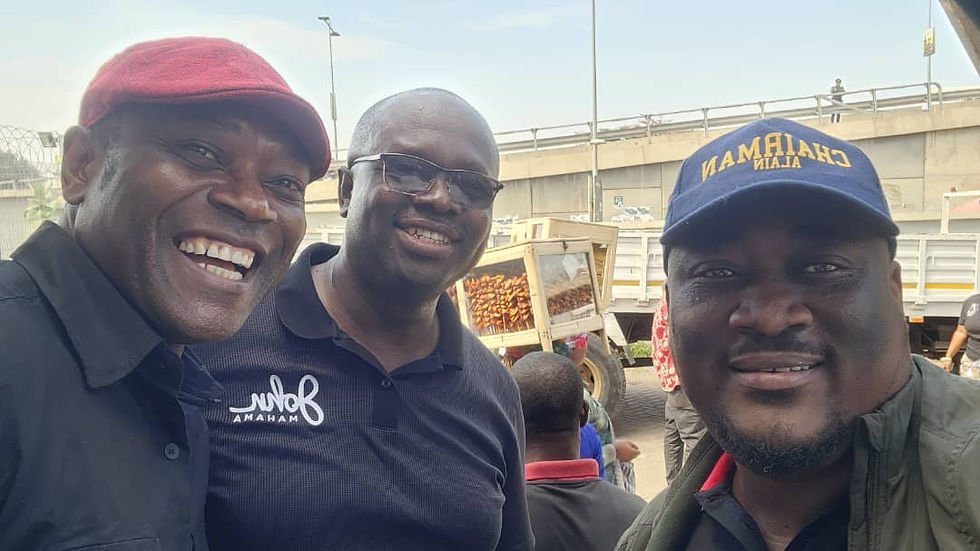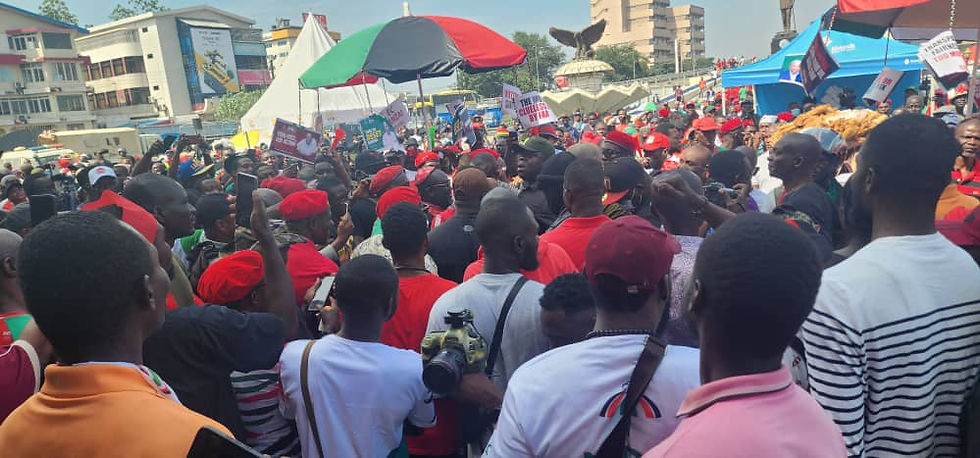OPINION: Ghanaians unite for electoral transparency, demanding a forensic audit of the electoral process
- Think News Online
- Sep 18, 2024
- 2 min read

In a powerful display of civic engagement, thousands of Ghanaians took to the streets to deliver a petition to the Electoral Commission, calling for a thorough forensic audit of the electoral process.
This grassroots movement, driven by a deep desire for electoral integrity, has gained significant momentum, with the United Nations Development Programme (UNDP) offering to fund the proposed audit.
The proposed audit process would involve a comprehensive review of the electoral roll, the counting of ballots, and an examination of the overall electoral procedures.
This critical step aims to ensure that the foundation of Ghana's democracy remains strong and that the will of the people is faithfully reflected in the election outcomes.
The importance of this action cannot be overstated.
A credible and transparent electoral process is the cornerstone of a healthy democracy, and the Ghanaian people have demonstrated their unwavering commitment to this principle.

By demanding a forensic audit, they are not only safeguarding the integrity of the current electoral cycle but also paving the way for future elections to be conducted with the highest standards of fairness and accountability.
The UNDP's offer to fund the audit process further underscores the global recognition of the significance of this initiative.
It highlights the international community's support for Ghana's efforts to strengthen its democratic institutions and foster a culture of trust in the electoral system.
As Ghana continues its democratic journey, the collective voice of its citizens, calling for a forensic audit, serves as a powerful reminder that the people are the true custodians of their nation's future.
This movement stands as a testament to the strength and resilience of Ghana's democracy, and it sets an inspiring example for others to follow in the pursuit of electoral transparency and security.
Credit: Alain Gbeasor

Comments